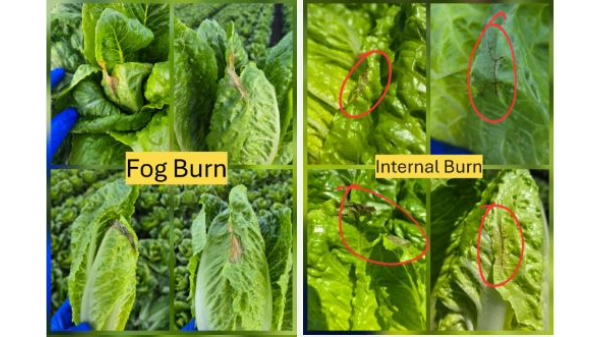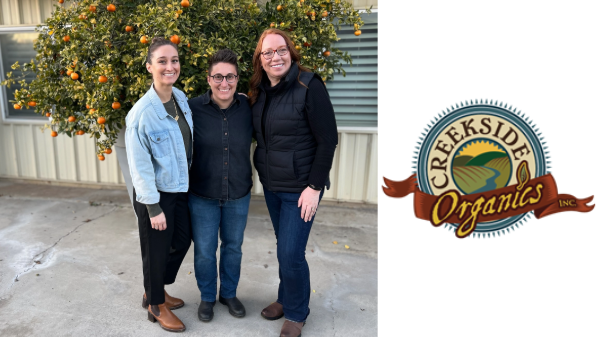Welcome to Blue Book!
Are you ready to join the thousands of companies who rely on Blue Book to drive smarter decisions? View our plans and get started today!
Still have questions? We’d love to show you what Blue Book can do for you. Drop us a line– we’ve been waiting for you.

Stone says Ben B. Schwartz has a large selection of tropical and exotic produce, though he notes such terms no longer mean as much as they used to. “One example is a tomatillo,” he explains. “People used to never even hear of a tomatillo—now I don’t know a store that doesn’t have them. All this stuff we used to think of as ‘exotic’—what is exotic anymore?”
Casini believes well-traveled consumers are also making a difference in demand. He says consumers who come back from international trips or cruises frequently ask for the kinds of produce they sampled in the Caribbean or other destinations.
Specialty Foods
Although organics account for just 3 to 4 percent of his business, Casini believes demand will continue to grow, but at a gradual pace. The same is true for greenhouse items, which are also on the upswing. “They’re perfect, they’re good, lots of flavor,” he enthuses, and says Hillers’ greenhouse growers are planning to introduce as many as a dozen new items this year, in addition to the tomatoes, eggplant, and peppers they have already been producing.
Russo says Rocky Produce has experienced a slow but steady pace in organics, though fruits are more successful than vegetables. If he had to guess why, he thinks it is probably because “fruit is more eaten by hand and vegetables are more washed and cooked.”
Specialty produce in Michigan now includes urban farming, which is gaining ground in the city—both figuratively and literally—taking over vacant lots to grow primarily vegetables, along with some fruit and herbs. Although this particular trend doesn’t really benefit wholesalers at the Detroit Produce Terminal, Russo is all for it. “I think it’s a good thing,” he notes, “if there is some way we can be supportive or to complement what they do, that’s great.”
The Eastern Market has been particularly supportive of the movement, piloting the Michigan Fresh Frozen program in December 2013, featuring locally grown peaches, blueberries, broccoli, and sweet corn that are picked and flash-frozen for sale to consumers at the facility’s Saturday Market. A press release from the market stated its intention to “inform the public of the nutritional integrity of freezing produce, but also highlight a means to eat local all year long.”
The Great Lakes State is also ranked nationally for food processing, with its bounty of fresh fruit and vegetables used in a wide variety of products from baby food, salsa, and snacks to yogurt, juices, and condiments. More than 130,000 Michigan residents work in the industry, which holds nearly 2,000 licenses for various types of food processing businesses.
Winter Smackdown
The winter of 2013 and early 2014 was one of unrelenting cold and snow, with enough below-zero temperatures to freeze the Great Lakes. Not since the winter of 1978-79 had there been such extensive ice coverage, and though the extreme cold created a winter wonderland, it was devastating for plant life.








